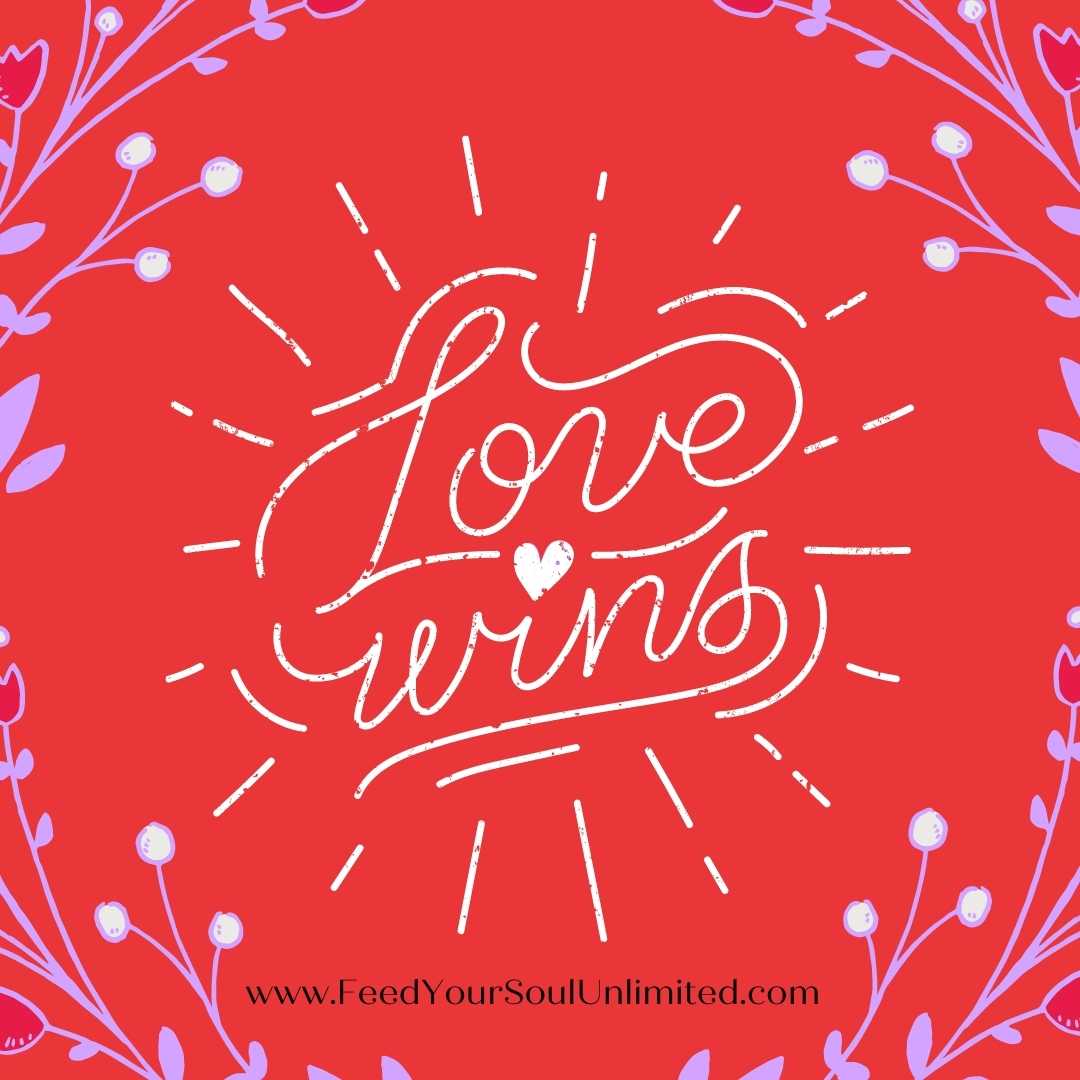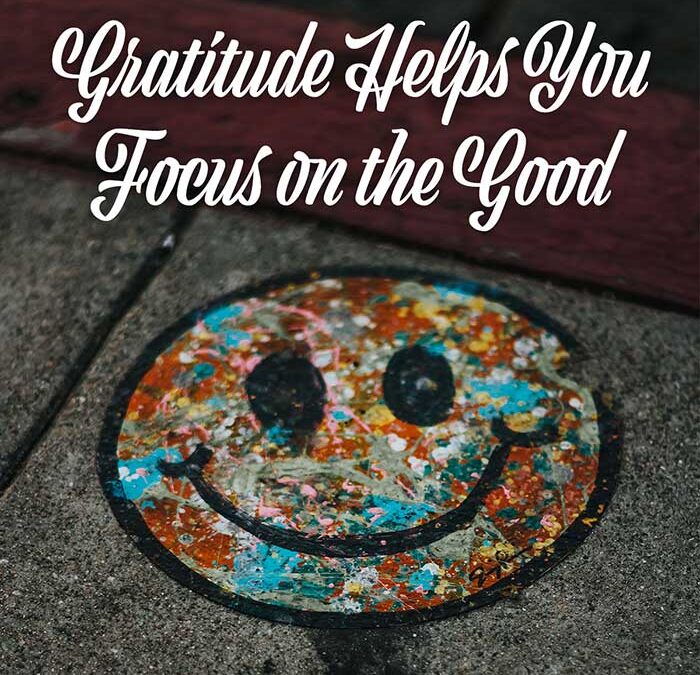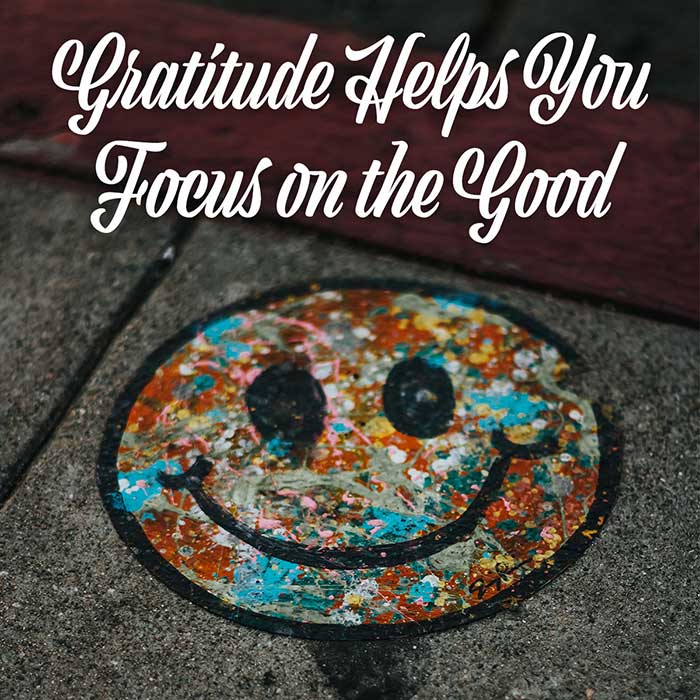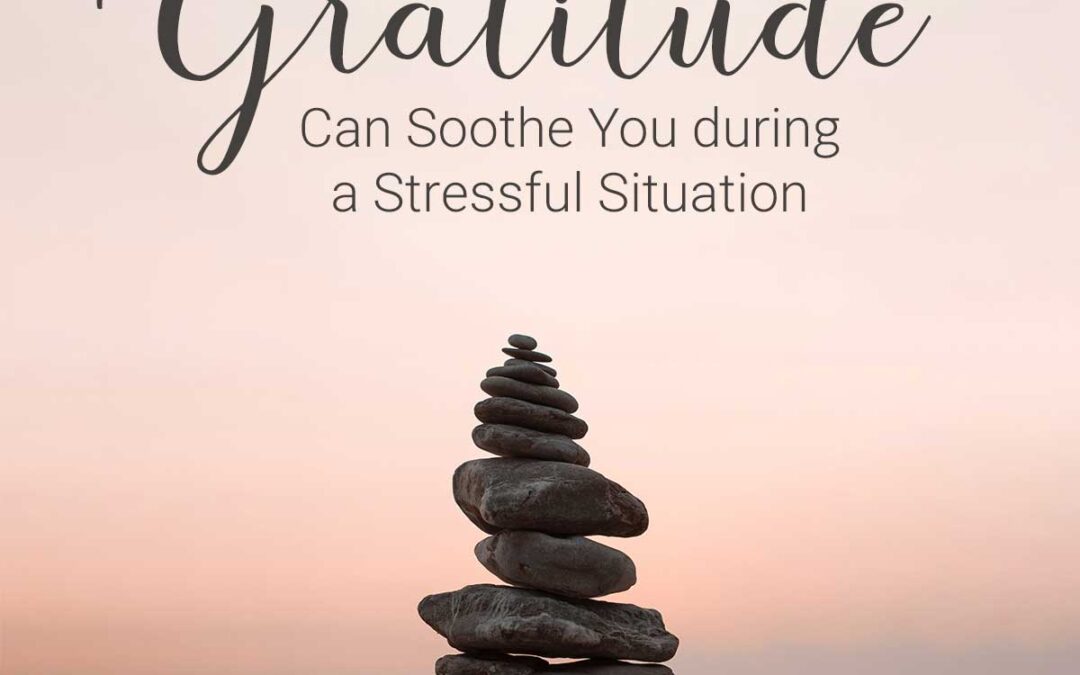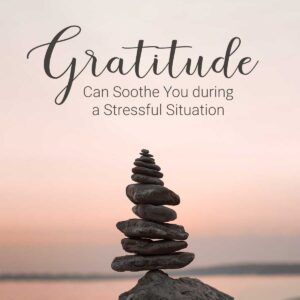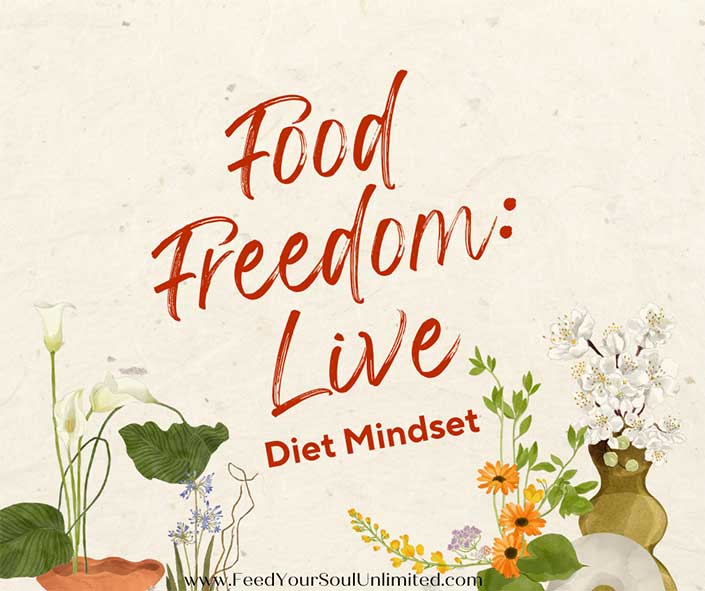
Food Freedom: Emotional Eating
This is the second blog in a series focused on Food Freedom. The first in our series looked at the Diet Mindset and how it sets you up for failure.
In talking about Emotional Eating, it is helpful to determine if you are one. Right?
Here are some definitions to help you determine is you are an emotional eater:
- Do you eat when you are not hungry?
- Are you using food to make you feel good?
- Do you use food in situations where you feel uncomfortable?
- Are you eating too overfull?
- Do you feel ashamed when you overeat?
- Do you feel bad about your body?
Each of these by themselves occasionally, is probably not something to be too concerned about. But really reflect on whether these questions fit for you AND how often AND do you feel upset with your eating habits.
Yes, sometimes we all overeat, and we eat for emotional reasons. Food tastes good and it is a primary need. If the way you eat causes you a problem, then it probably is a problem.
Eating should make you feel good, not bad.
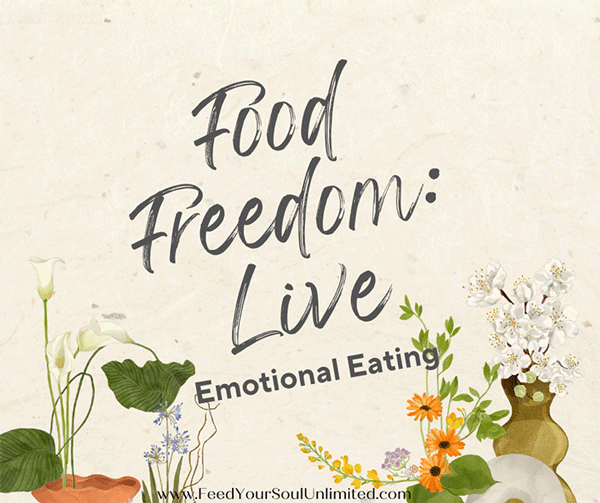

Emotional eating means you are not dealing with emotions in a way that will fix the problem. The food can help emotions temporarily, but it is not the fix. Emotions need to be dealt with so there is a resolution. When food is used as the resolutions for emotions, the emotions aren’t settled: truthfully it will exacerbate the emotions.
Identifying the problem can lead you to ask the question what should I do?
First, you must notice you are eating for emotional reasons. Start to pay attention to your eating and if you are meeting the above criteria, begin to look deeper at what is going on.
Second, acknowledge that you have a problem with emotional eating. There is a lot of healing that can come from the acknowledgment, because THEN you can do something about it (besides the continual diet).
Third, start to identify your feelings. Some easy labels for feelings are sad, mad, happy, anxious, bored, lonely, and tired. Giving them a name helps you to move forward.
Fourth, ask what those emotions are trying to tell you. I know that can sound odd, but there is a voice to our feelings, and they are there to give us information about what is going on inside of us. Give a try and ask you feelings to tell you what you need to know.
Fifth, follow the advice of the feelings. Generally, the feelings tell me when I am out of balance and depending on the feeling, I can be steered to what I need to do to take care of the emotion. I like the concept of the Wellness Toolbox where I have a variety of ways to take care of feelings like journaling, walking, talking to a supportive person or meditation.
You are getting a start at determining how emotional eating affects you. GOOD JOB. Next is to keep the movement going. Dealing with your emotions is one way to get food freedom. If you want more help, I suggest you join my Emotional Eating Solutions 8-week self-study. In this course you will learn about the 6 components we need to look at to address your emotional eating:
- Physical
- Emotional
- Mental
- Lifestyle
- Mindfulness
- Self-Love
All these components need to be addressed to finally have freedom with food. Remember the problem with food has been there for a long time (often since childhood) will not just go away AND diets make it worse. You need to have a plan to address all 6 components AND how they interact with each other.
Kim McLaughlin is a psychotherapist, coach, podcaster, and author. She helps people who are struggling with overeating and emotional eating. You can find out more at www.FeedYourSoulUnlimited.com
This blog is based on a Food Freedom Facebook Live where we went into depth about emotional eating. You can access the video here.


